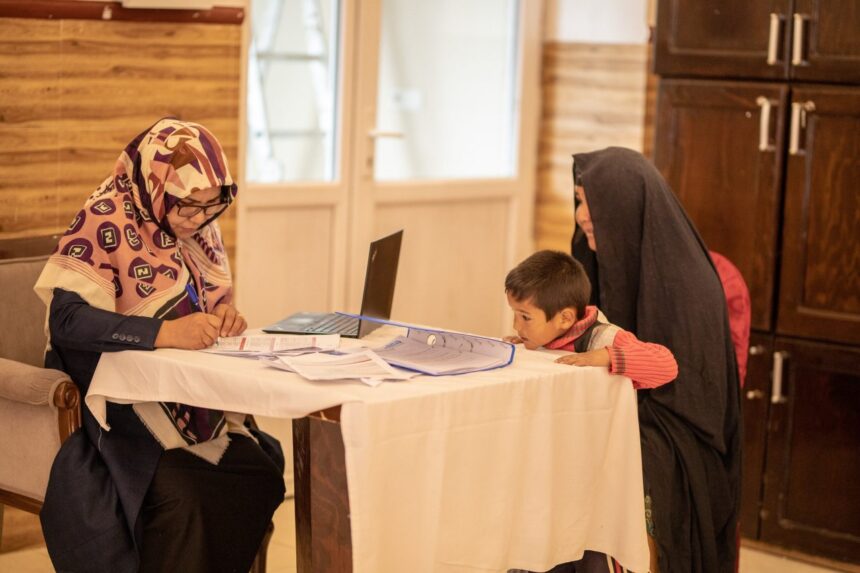RASC News Agency: On a day traditionally reserved for honoring labor rights and dignity, Afghanistani women find themselves systematically silenced, marginalized, and excluded under the Taliban’s oppressive regime. As the world commemorates International Workers’ Day, Human Rights Watch has sounded the alarm on the escalating restrictions facing working women in Afghanistan, painting a stark portrait of gender apartheid unfolding under Taliban rule. According to the report, Taliban authorities through the so-called Ministry for the Promotion of Virtue and Prevention of Vice have intensified efforts to enforce harsh, regressive policies that directly target women’s right to work. These units, notorious for their intrusive and arbitrary enforcement tactics, routinely harass women who attempt to leave their homes for employment. In many cases, these women are subjected to threats, intimidation, or even detention punished simply for trying to provide for their families.
Human Rights Watch reaffirmed its support for the powerful slogan “Bread, Work, Freedom,” first chanted in protest by Afghanistani women on the streets of Kabul over three years ago. This rallying cry, once a defiant call for basic rights, remains a powerful symbol of resistance against a regime determined to erase women from every aspect of public life. Since the Taliban’s return to power in 2021, women’s participation in the labor market has been decimated. Entire industries that once offered employment to tens of thousands of women such as beauty salons have been forcibly shut down. Meanwhile, other professions have been rendered effectively inaccessible through extreme ideological barriers. Requirements such as the mandatory presence of a male guardian (Mahram), bans on unmarried women working, and even restrictions on women’s voices being heard in public spaces, all contribute to the near-total exclusion of women from economic life.
These measures are not random. They form part of a deliberate and systematic strategy to institutionalize gender segregation and suppress women’s agency. The Taliban’s so-called morality laws serve as a legal and cultural framework for gender-based repression, intended not only to exclude women from the workforce but to erase them from the social fabric altogether. Human Rights Watch warns that Afghanistani women are now experiencing one of the most extreme economic and social crises in their history. The report notes a dramatic collapse in female labor force participation from 19% prior to the Taliban’s takeover to a mere 5% today. This steep decline has devastated household incomes, exacerbated poverty, and left countless women and children without means of survival.
The organization urges the international community to break its silence and respond decisively to the Taliban’s systematic campaign of exclusion. It calls for robust support to restore women’s right to work, move freely, and participate fully in public life. Moreover, it reminds global stakeholders that Afghanistan has been a member of the International Labour Organization since 1934, and is bound by conventions that prohibit discrimination in the workplace commitments the Taliban flagrantly disregard. On a day intended to celebrate dignity in labor and solidarity among workers, the reality for Afghanistani women under Taliban rule is one of forced invisibility. International Workers’ Day in Afghanistan has become a symbol not of progress, but of regression a chilling testament to the regime’s war on women and the urgent need for global action.






